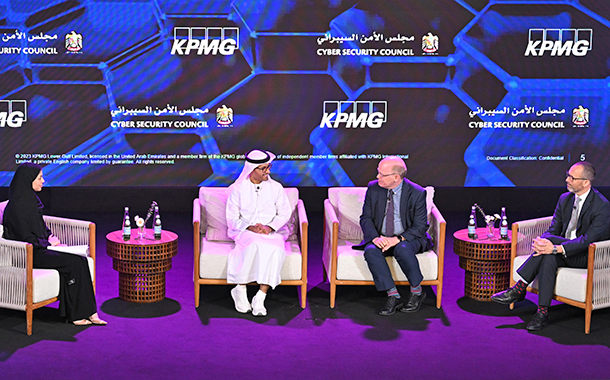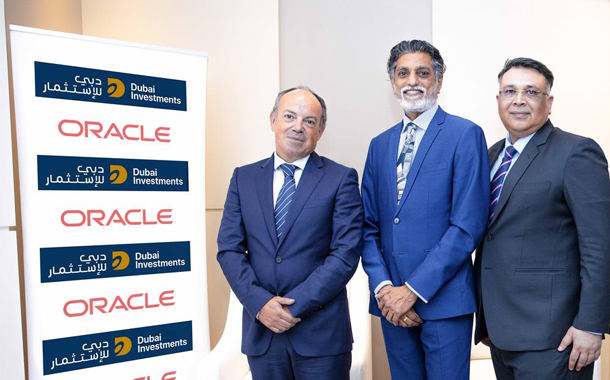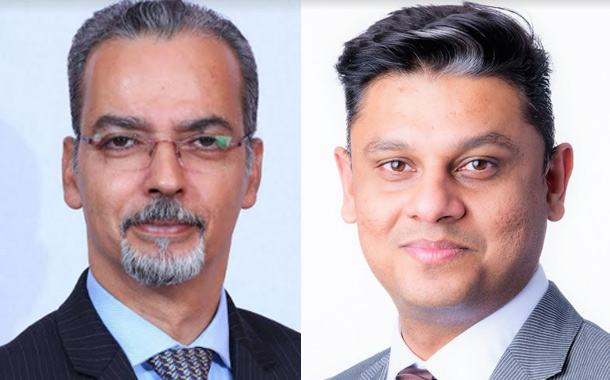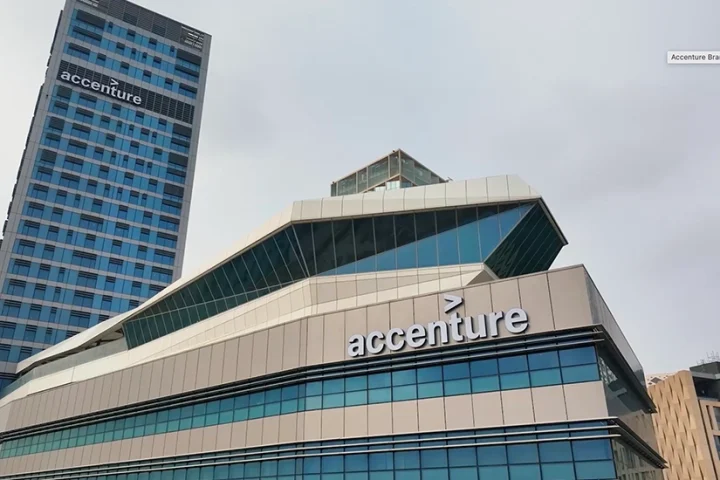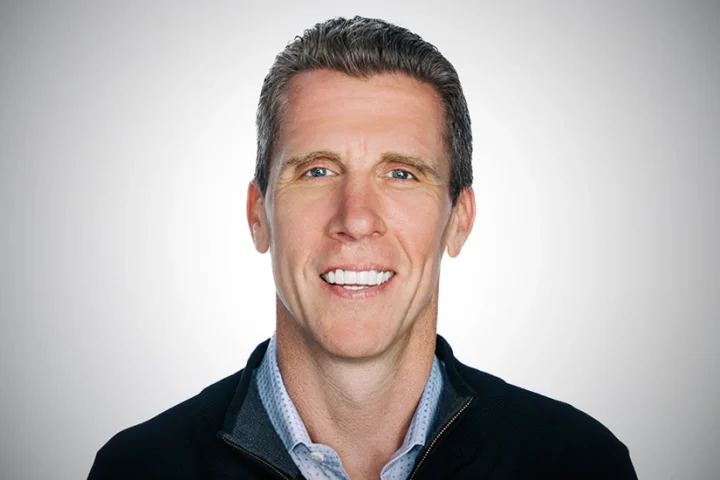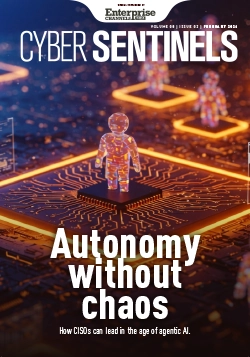The UAE is developing a cybersecurity vision to achieve the highest level of resilience over the next 50 years, enhancing the UAE’s global leadership, readiness for the future, and its ability to address growing digital challenges, said Dr Mohammed Al-Kuwaiti, Head of the UAE Cybersecurity Council. The vision includes a progressive legal framework, underpinned by new laws that improve the country’s ability to deal with advanced forms of deception and criminal activity in the digital space.
He was speaking at the “Cyber Next 50: Securing the UAE’s 2071 vision”, a joint media event by the UAE Cybersecurity Council in collaboration with KPMG Lower Gulf, on an upcoming joint report highlighting major trends expected to impact life in the coming decades.
“The UAE today is a global hub of dynamism, with a happy and harmonious society. It has been a privilege to witness the UAE’s rapid transformation over the years, and we look forward to its continued advancement in digital and cyber innovation. As the UAE looks forward to its Centennial in 2071, we had an opportunity to pause, examine how the world might evolve over the coming decades, and how we can leverage technology to optimize outcomes for humanity,” Dr. Mohammed said.
Tim Wood, Partner and Head of Cyber Security at KPMG LG, also commented by saying: “In our report, we reflected on the four pillars of the UAE’s Centennial 2071: a future focused government, excellent education, a diversified knowledge economy, and a happy and cohesive society. What is clear is that the seeds of tomorrow are sown today – there are many futures that might emerge from the trends and scenarios we set out. However, we have an amazing opportunity to shape a more secure world for future generations. We look forward to supporting the nation in the next 50 years and beyond.”
The report, which is coming soon to the public, highlights megatrends expected to impact life in the upcoming decades, including demographics, climate change, and energy consumption. By 2050, the world’s population is expected to reach 9.7 billion, bringing unique societal risks to different regions. Climate change is also impacting food security and contributing to population displacement and the degradation of ecosystems. With global energy consumption expected to increase by 50% by 2050, the importance of renewable sources and energy efficiency is also increasing.
Dr. Mohamed Al Kuwaiti explained that these challenges require diligent work to confront and mitigate their effects. He pointed out, at the same time, that despite these risks, technology provides hope for a better future. Technological innovations expected to shape our future include artificial intelligence, hyper connectivity, bio engineering, quantum computing, space technology, robotics, smart manufacturing, augmented reality, and nuclear fusion.
According to the report, developments in immersive virtual reality will blur real life and fiction, with businesses thriving in the virtual world and data becoming the new money. Robots will seamlessly integrate into our lives, from personal care to military systems, while AI will be able to predict and shape the future. Machines may develop the capability to read human thoughts and manipulate DNA.
KPMG experts reviewed the social, economic, and political trends of today, as well as future information technology trends, creating a set of “Imagine if” scenarios that explore the potential socio-political implications of technological advances. These scenarios were grouped into themes such as virtual worlds, robotics, and AI.
The report will give predictions with a focus on integrity, leading to transparent supply chains and cyber security becoming an even more important part of national defence. The definition of humanitarian aid will likely evolve to include ‘cyber security aid’, as cyber-attacks increasingly affect vulnerable populations with fewer resources.
By 2071, quality of life and happiness will be increasingly determined by a safe and secure hybrid physical and digital world where citizens can freely socialize, work and play. Already positioned as the happiest place to live in the Arab world, according to the latest UN World Happiness Report 2023, the UAE will need to tailor its cybersecurity legislation to prepare for the next 50 years.



